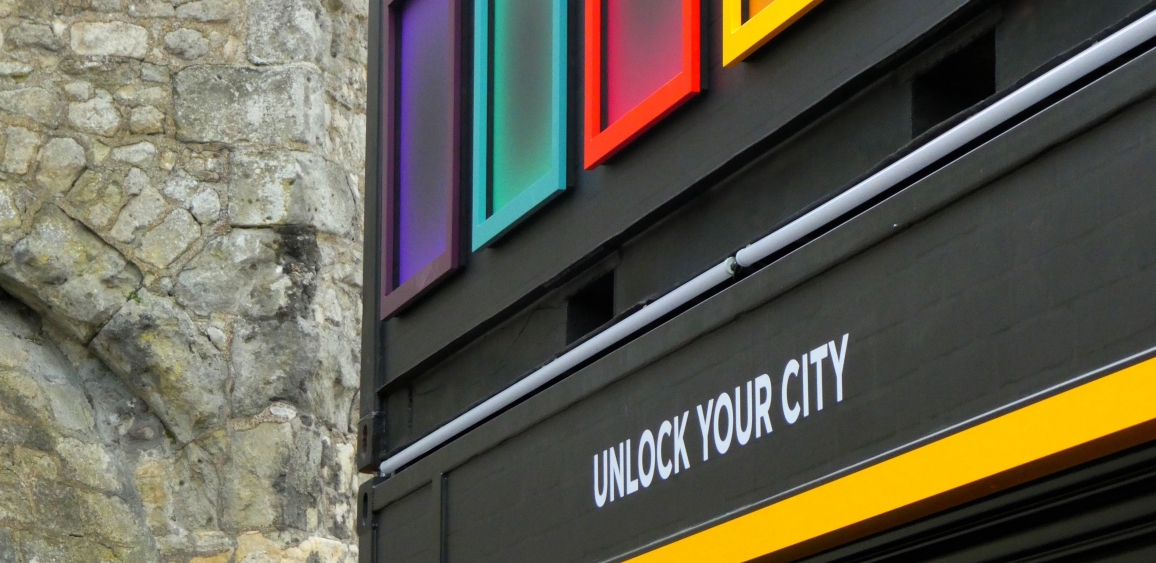Grazia Brunetta, Carolina Giaimo, Patrizia Lombardi, Angioletta Voghera, Dist/Politecnico di Torino
POST-UNLOCK is a research project of Dist/PoliTo (Miur Department of Excellence 2018-2022) that aims to implement the “post carbon city” model through an ideal-typical scenario of territorial innovation at 2030. The project starts from the management of the post-emergency phase of Covid-19 and aims to overcome the engineering approach to risk. This is possible by applying a multidisciplinary analysis methodology and a territorial approach to risk, developing interdisciplinary knowledge systems and initiating climate governance processes, based on the analysis of local vulnerabilities and the definition of adaptation strategies.
These methodologies aim to support institutions in the challenge of resilience towards new models of “adaptive governance”.They also intend to test a model of planning and organization of the territory focused on adaptation and based on Local Resilience Units to promote place-based strategies for adaptation of territories.
The conference, which is part of the communication actions of the research, intends to open the discussion on the themes and the first advances of the research with some discussants from outside the working group.
PROGRAM
Introduced by:
Grazia Brunetta, Patrizia Lombardi and Angioletta Voghera, Politecnico di Torino
POST UNLOCK: THEMATIC DIALOGUES
Moderator:
Angioletta Voghera, Politecnico di Torino
“Vulnerability and territorial resilience”.
Grazia Brunetta, Politecnico di Torino with Nicola Tollin, UNESCO Urban Resilience Chair, University of Southern Denmark
“Epidemiology, demography and environmental conditions”.
Milena Maule, University of Torino and Giovenale Moirano, University of Torino with Maria Rita Minciardi, Enea
“Form and organization of inhabited spaces and settlement quality”.
Carolina Giaimo, Politecnico di Torino with Elena Marchigiani, University of Trieste
“Tools and techniques for knowledge and decision support”.
Andrea Lingua, Politecnico di Torino and Sara Torabi, Politecnico di Torino with Andrea Moro, iiSBE Italia, CESBA
Debate with the institutional actors involved in the research
Conclusions
Italiano

Contributions